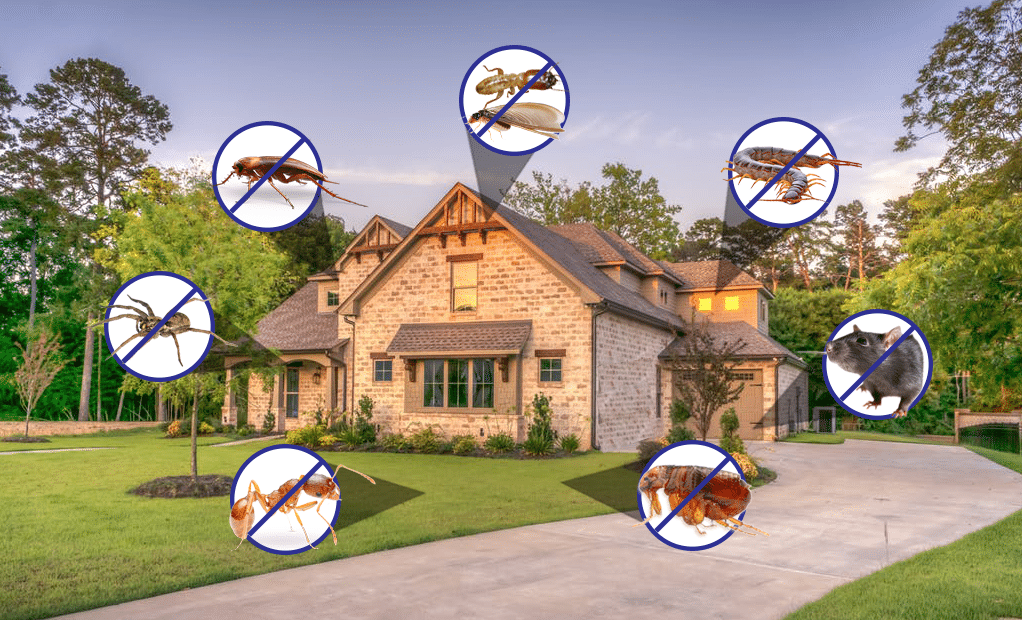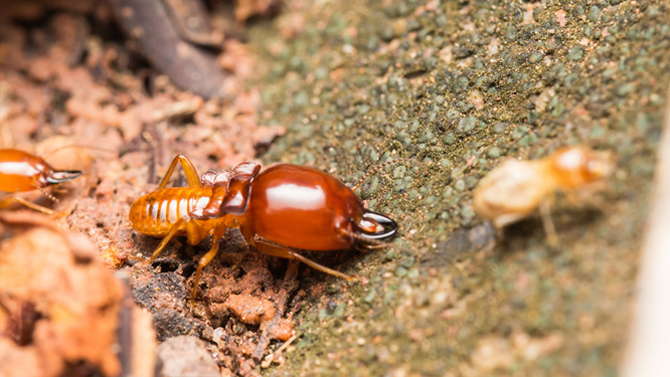You may wonder if pesticides are safe for children and pets, but the answer to this question really depends on what types of pesticides you’re using and what size home you have. In some situations, Affordable Pest Control may be completely safe. Read on to find out more!

Why is Pest Control Safe for Kids and Pets?
Pesticides are generally safe for both kids and pets when used as directed, but there are a few things to keep in mind. First, always read the product label and follow all instructions carefully. Second, take care when mixing pesticides – use gloves, a face shield and eye protection when necessary. And finally, be sure to clean up any spills immediately – pest control can be messy!
Pesticide Warnings for Kids, Pets, and the Environment
When it comes to pest control, the risks of using pesticides depend on the product you’re using and where it’s being used. For example, some pesticides are considered safe for children if they’re used in a well-ventilated area. However, if you’re using a pesticide that’s harmful to both children and pets, be sure to read the product label carefully before using it. And always keep children and pets away from areas where pesticides are being applied.
What if My Pet or Child Gets Poisoned by a Pesticide?
Pesticide poisoning can be a serious health hazard for both pets and children. Pets can be poisoned by coming into contact with the pesticide or by eating something that has been treated with it. Children can be poisoned when they swallow pesticides that have been applied directly to the ground or to plants around their homes.
If you think your pet or child has been poisoned, the first thing you should do is call your veterinarian. Even if the poisoning doesn’t seem life-threatening, your pet may need treatment for irritation and possible damage to organs. If the child is hospitalized, care will likely include close monitoring of liver and kidney function.
If you think you’ve found a pesticide in your home or in the vicinity of your pets, immediately remove all of the containers and any other objects that may have been contaminated. Clean all surfaces where the pesticide was used, and wash any clothing or linens that may have come into contact with it. Empty all garbage cans and put them in a locked cabinet if you have one. If you can’t safely dispose of the pesticides, seal them in plastic bags and take them to a local hazardous waste disposal site. Our customer support is ready to solve all of your queries.

